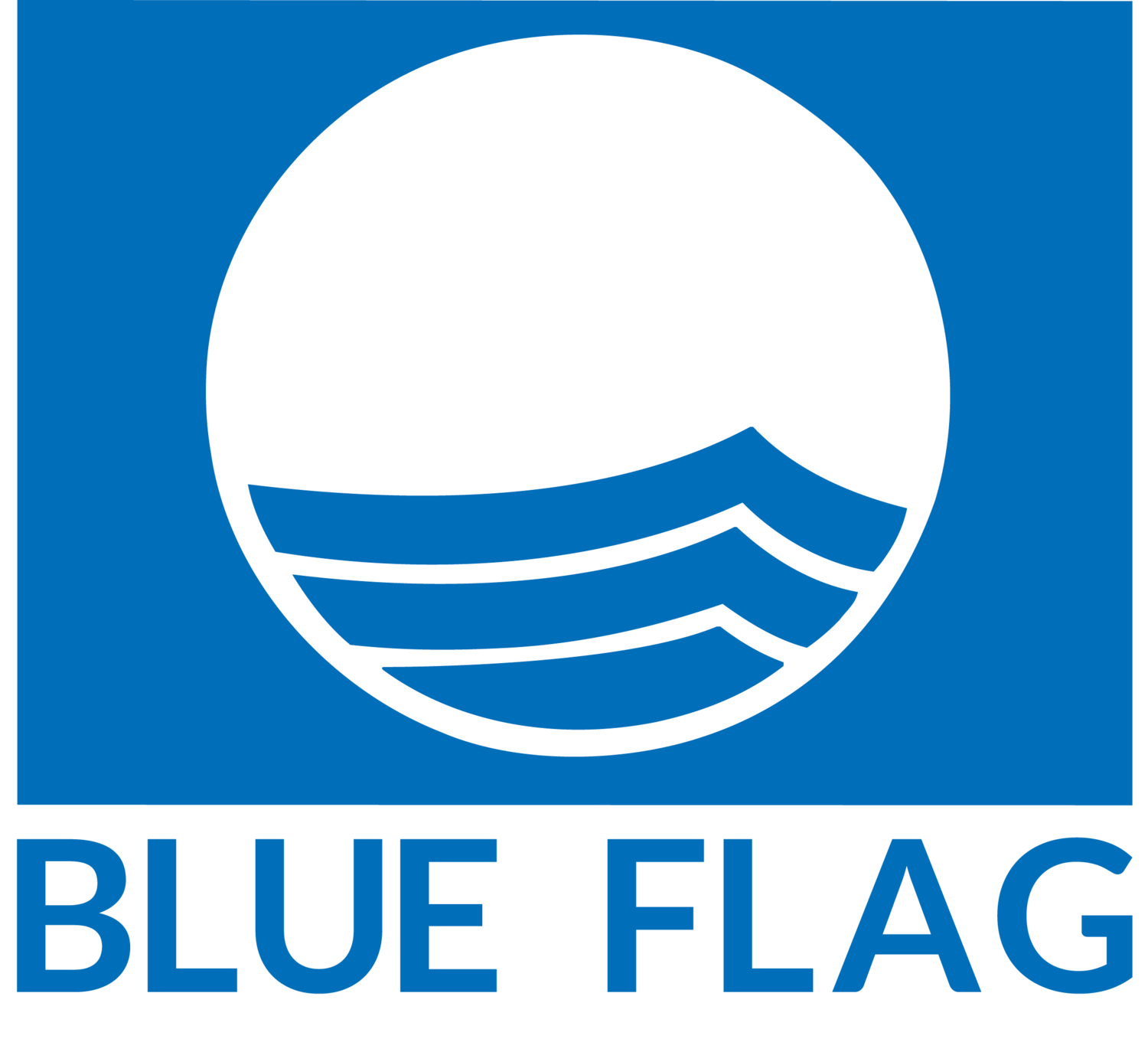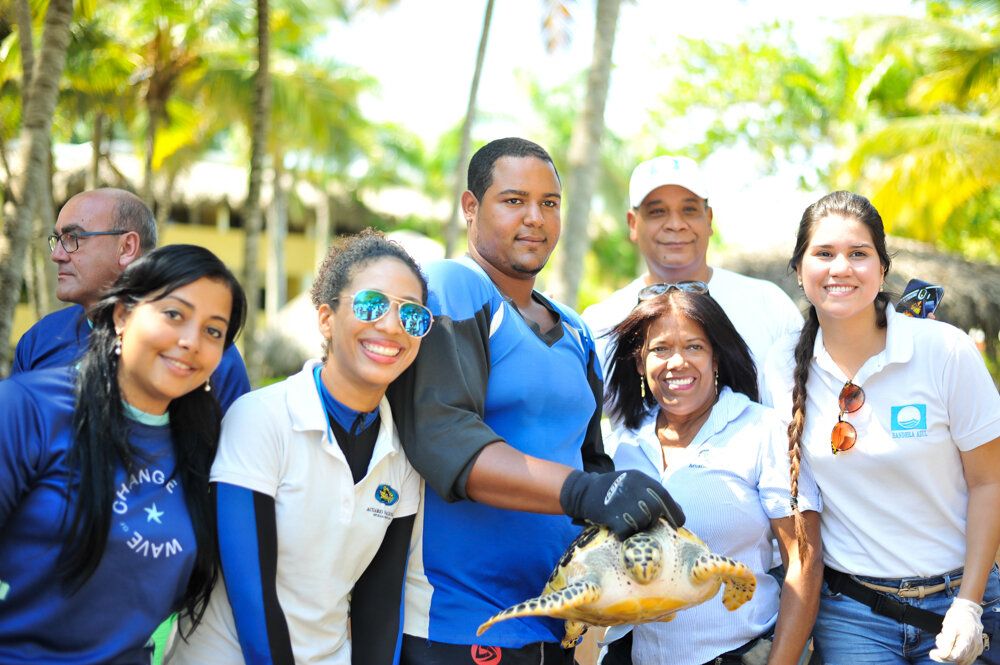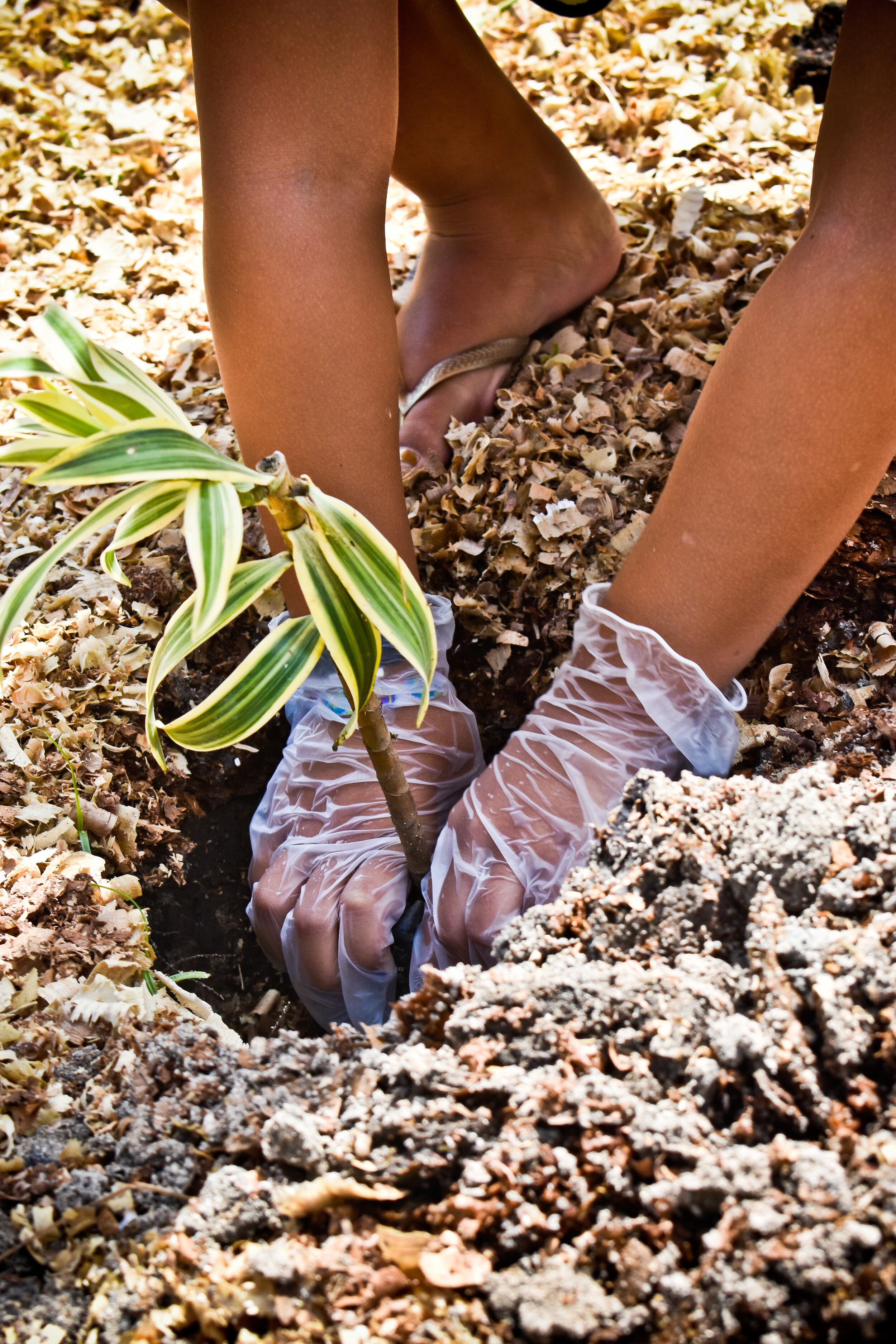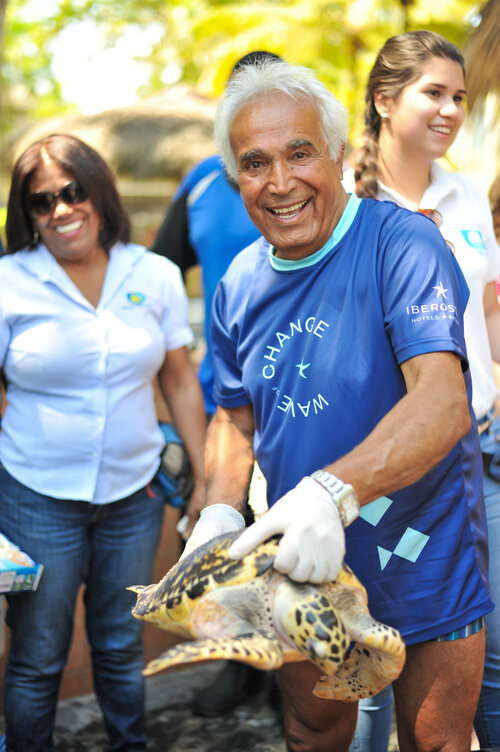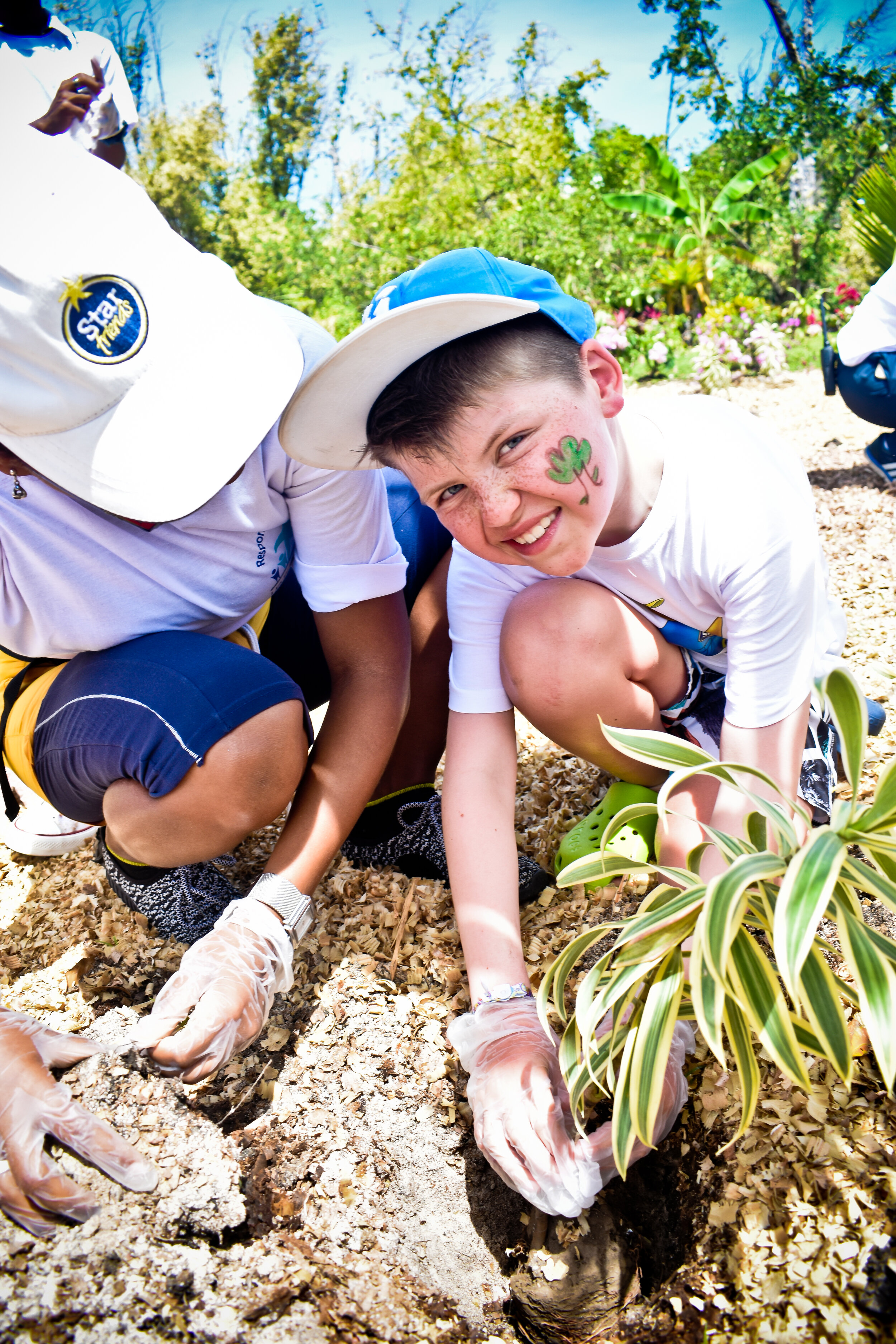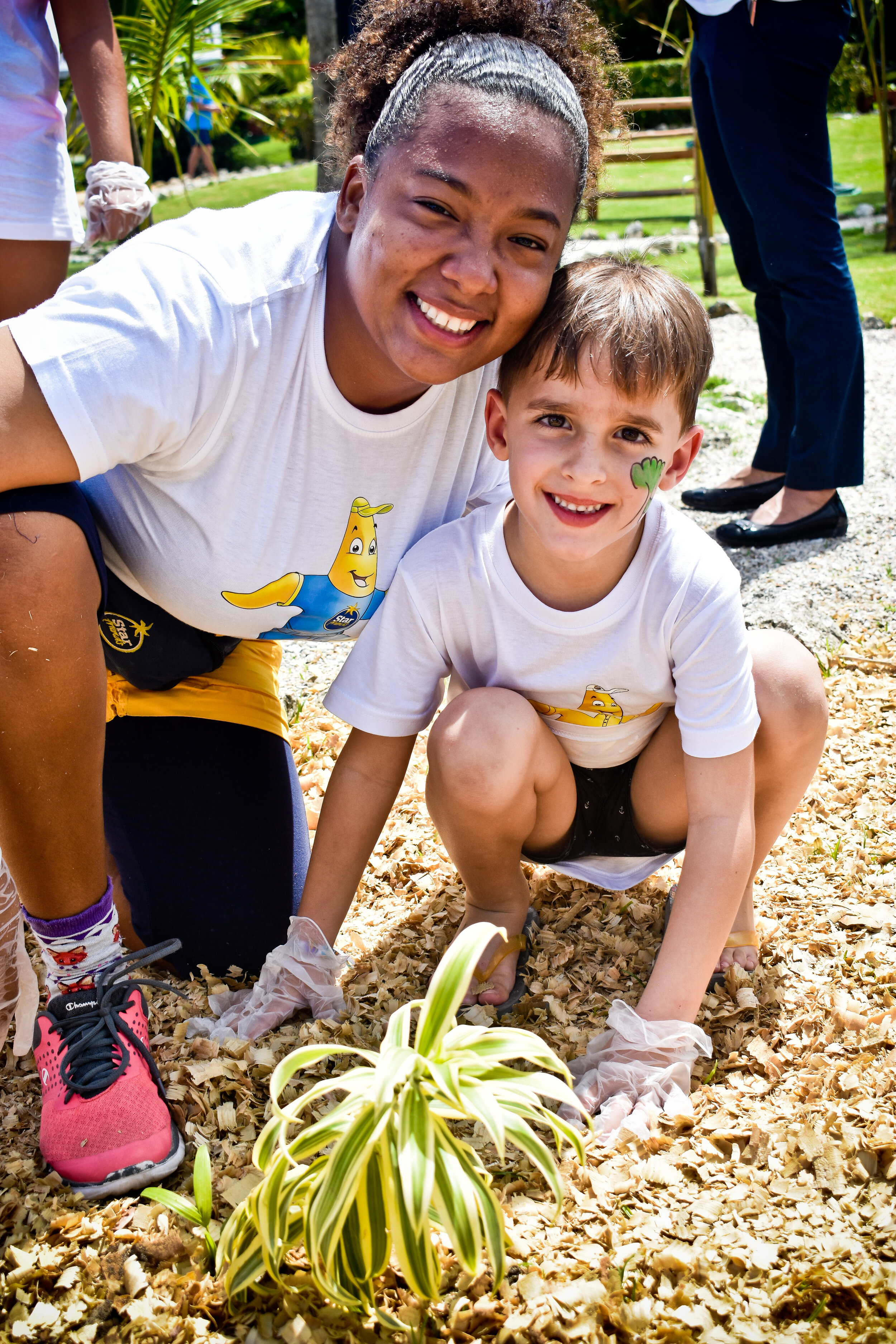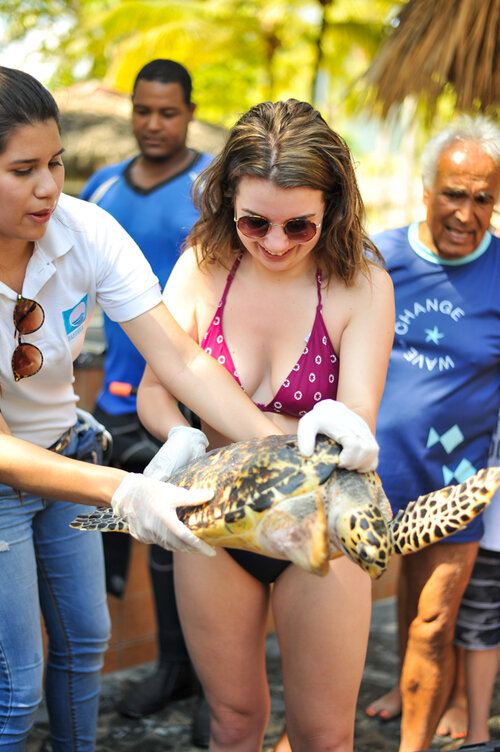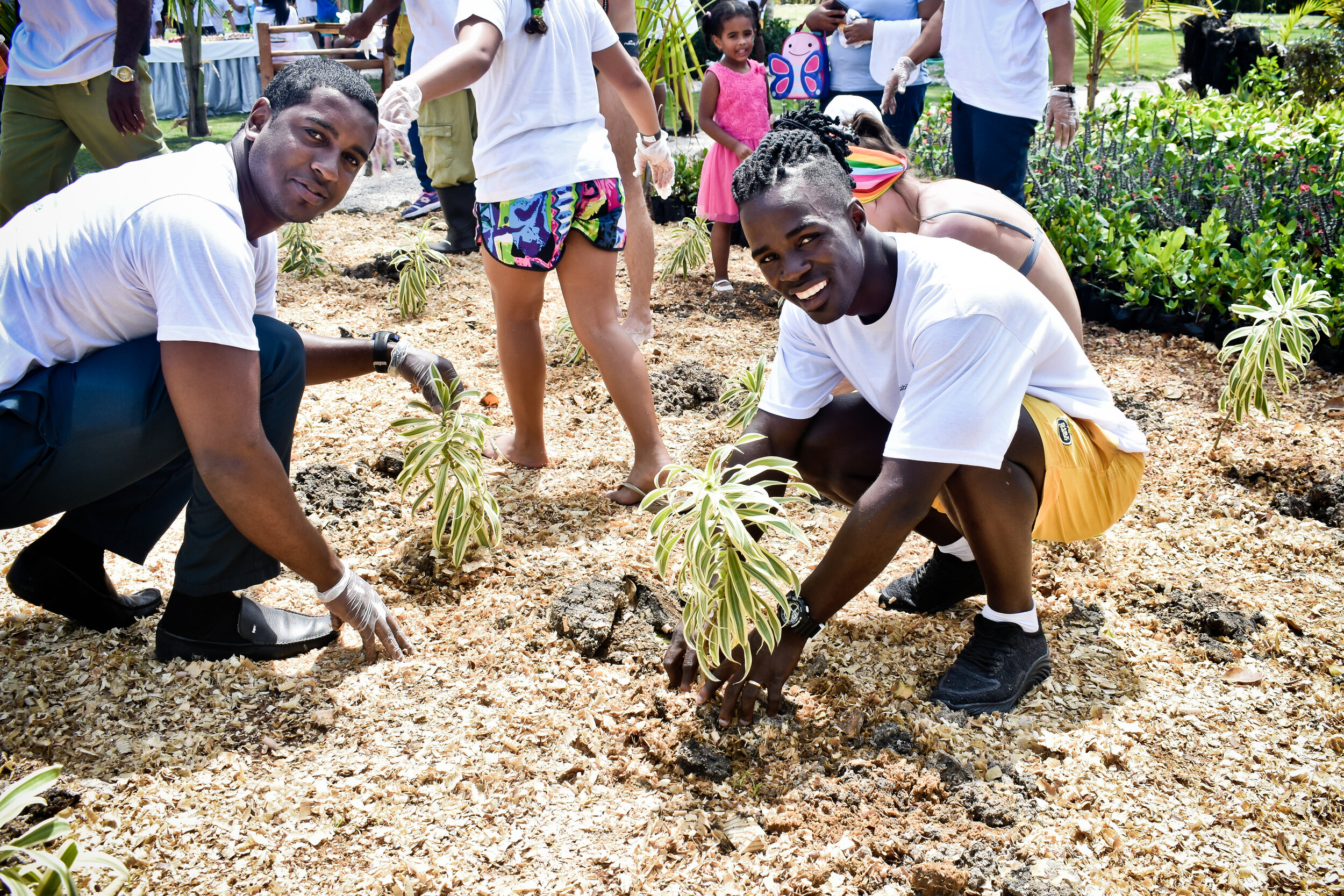The Blue Flag programme promotes the sustainable development of freshwater and marine areas. It challenges local authorities, beach operators and sustainable boating tourism operators to achieve high standards in water quality, environmental management, environmental education and information, safety and services. Several of its initiatives concern monitoring of bathing water quality, conservation of biodiversity and coastal ecosystem, safeguarding swim.
The programme prevents and reduces marine pollution, minimizing the impacts of the stakeholders on ocean acidification and promoting the minimum release of chemical products in the aquatic environment. Moreover, Blue Flag supports green fishing communities, the protection of fishery nursery habitat, coral reefs, sea turtles and other endangered species, fauna and flora.
The Blue Flag encourages to look upstream to improve water quality standards that motivate action in the watershed.
dominican republic
In Dominican Republic, Blue Flag promotes the conservation of key species and marine ecosystems such as mangroves, seagrass and coral reefs. On Blue Flag sites, activities such as turtles release, reforestation and monitoring of coral reefs are very often undertaken.
spain
In Spain, Blue Flag promotes the protection and monitoring of seagrass and Posidonia meadows. This seagrass is endemic to the Mediterranean Sea, and plays a vital part in this regional ecosystem. Blue Flag also promotes the involvement of municipalities and marinas in the management of marine protected areas, as well as the dissemination of their significance among the citizens. Additionally, Blue Flag marinas near a Marine Protected Area must display a code of conduct on how to navigate around those areas and sustainable boating tour operators promote sustainable observation of cetaceans and support marine investigation on board.
